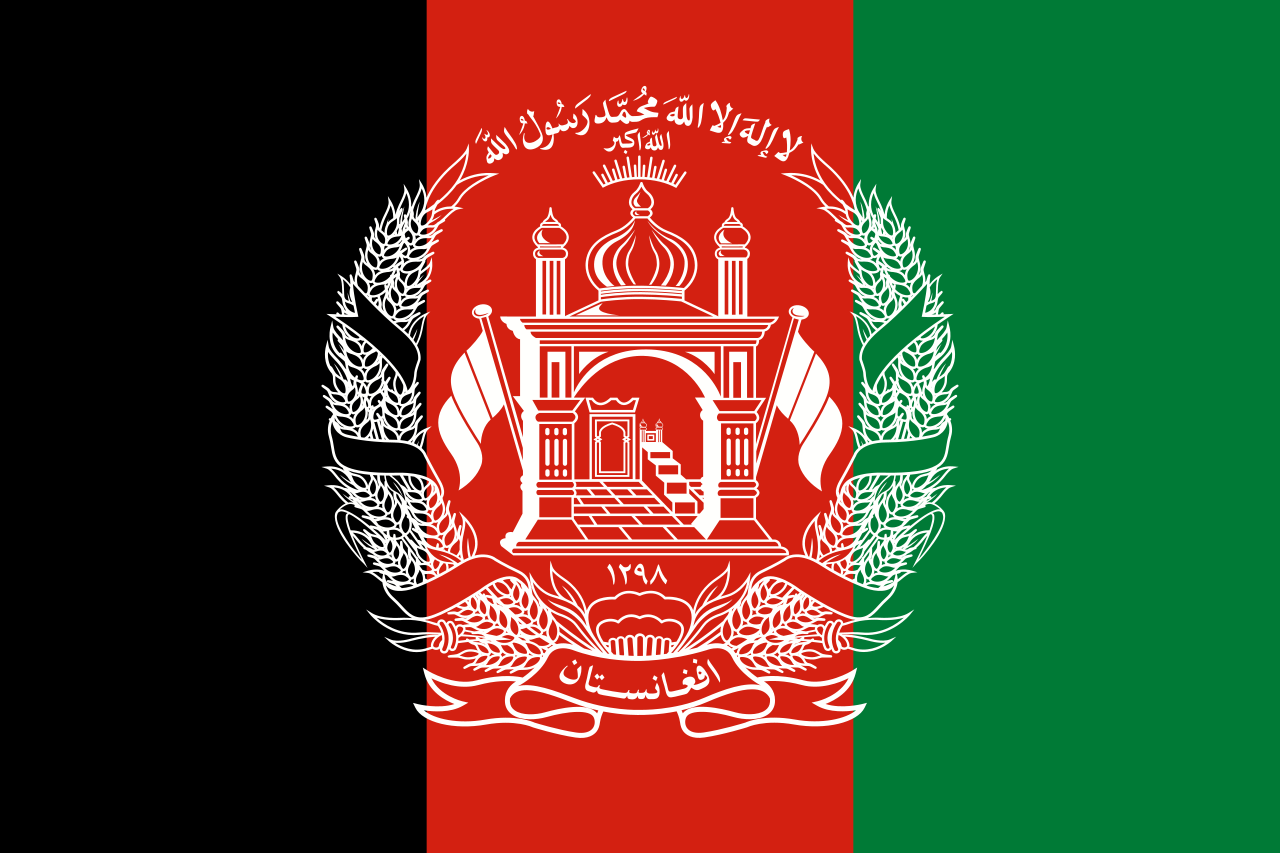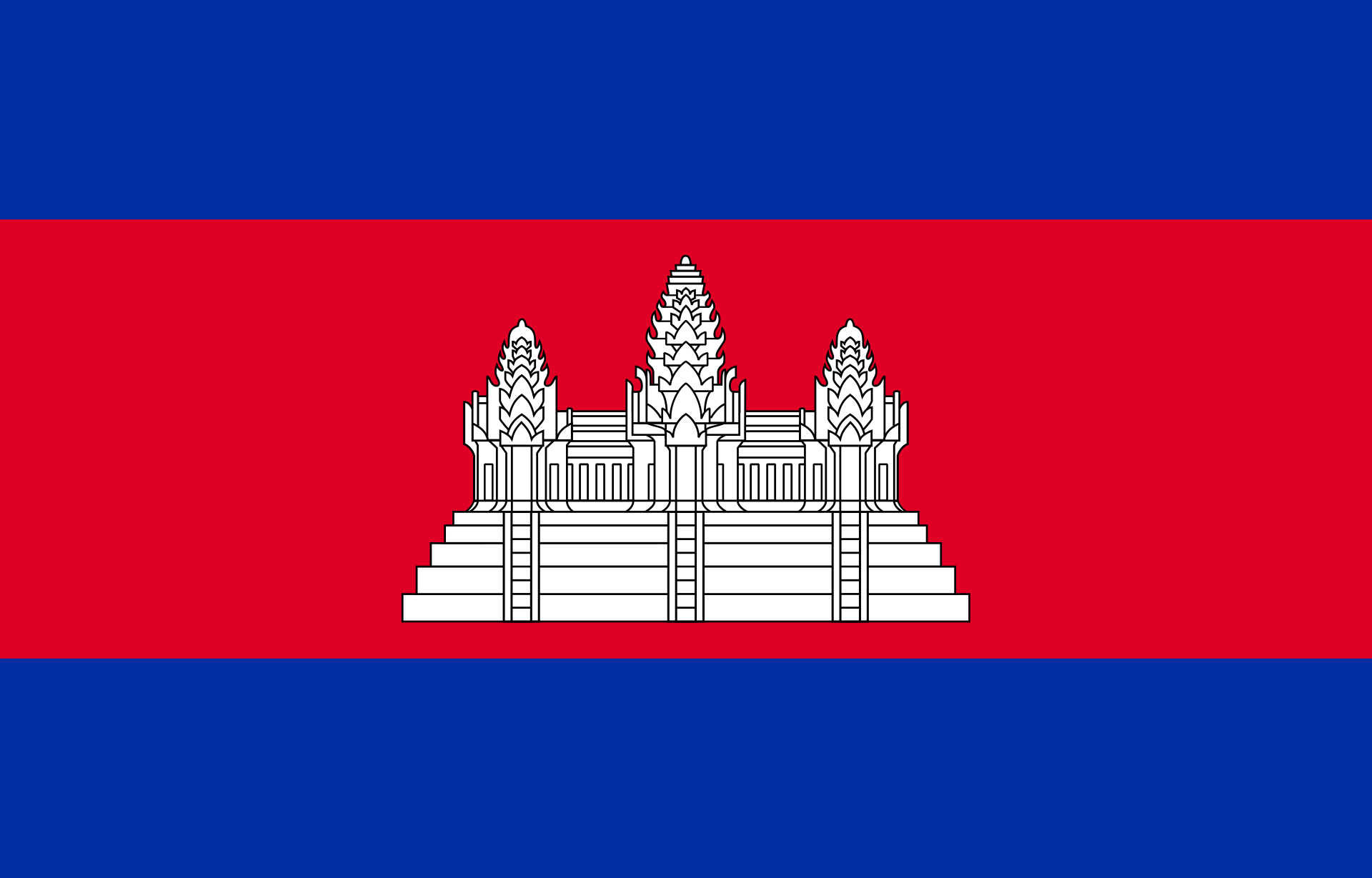IBAHRI at the 57th session of the United Nations Human Rights Council: takeaways
Friday 18 October 2024

With the conclusion of 57th session of the United Nations Human Rights Council (UNHRC), held from 9 September–11 October 2024, the International Bar Association’s Human Rights Institute (IBAHRI) reflects on the key discussions and outcomes of the session, the side events held and the resolutions passed.
Highlights of the 57th session of the UNHRC and the IBAHRI’s engagement.
Under the main spotlight:
The IBAHRI welcomed that States at the UN General Assembly did not support Saudi Arabia’s candidacy to the UNHRC, preventing the country from playing a larger role in human rights mechanisms in spite of its deplorable records and notorious perpetrations of human rights violations.

Afghanistan: Urgent need for accountability mechanism
The IBAHRI welcomed the adoption of the Resolution on Afghanistan renewing and strengthening the mandate of the Special Rapporteur on the situation of human rights in Afghanistan. The IBAHRI appreciates that the Resolution recognises the need to ensure accountability in Afghanistan through ‘comprehensive, multidimensional, gender-responsive and victim-centred’ processes, which applying a ‘comprehensive approach to transitional justice’. However, the IBAHRI expressed deep concern that the UNHRC failed once more to address and respond to the gravity of the situation by establishing an independent gender-responsive accountability mechanism to investigate, collect, consolidate and preserve evidence, and identify perpetrators of past and ongoing international crimes. The UNHRC neglected to develop this accountability mechanism, despite calls from Afghan civil society organisations (CSOs) and a number of letters and requests to UNHRC members reiterating the urgent need for accountability for ongoing and past crimes under international law committed by various actors in Afghanistan.
The IBAHRI actively participated in the negotiations and substantially contributed to the Resolution with an emphasis on ongoing crimes against humanity, the collapse of the judicial system and the inability to rely on domestic justice to ensure of accountability and reparation for victims.
The IBAHRI welcomed the Office of the UN High Commissioner for Human Rights’ (OHCHR) report and the stocktaking on accountability avenues for Afghanistan. The IBAHRI appreciates that the report refers to the complexity of the situation in the country and expressed the need for a comprehensive, multidimensional and gender-responsive approach to accountability, encompassing all the different periods of the conflict and responsibilities of all parties and perpetrators.
During the Enhanced Interactive Dialogue on the OHCHR report on the situation of human rights in Afghanistan, the IBAHRI delivered a joint statement with six other international organisations: the Asian Forum for Human Rights and Development (FORUM-ASIA), the International Commission of Jurists (ICoJ), International Service for Human Rights (ISHR), Lawyers’ Rights Watch Canada (LRWC), the Women’s International League for Peace and Freedom (WILPF) and the World Organisation against Torture (OMCT). The joint statement condemned the recent Law on the Promotion of Virtue and Prevention of Vice and the Taliban’s recent decision to deny the Special Rapporteur on the situation of human rights in Afghanistan access to the country. The organisations urged the UNHRC to adequately respond to the gravity of the situation and called for the urgent establishment of an independent gender-responsive accountability mechanism to investigate, collect, consolidate and preserve evidence, and identify perpetrators of past and ongoing international crimes.
Together with LRWC, the IBAHRI delivered a joint statement for the adoption of the Universal Periodic Review, condemning the elimination of basic rights for women and girls, including education, employment and freedom of movement and expression, and specially drawing attention to the atrocity crimes that ethic and religious minorities face - in particular the Hazara community. Once more, the organisations urged the UNHRC to establish an independent international mechanism to collect evidence of violations and atrocity crimes, including gender persecution and potential genocide against the Hazara, in support of relevant proceedings in the International Criminal Court (ICC), the International Court of Justice (ICJ) and Member States with jurisdiction.
In addition, the IBAHRI co-sponsored a side event organised by FORUM-ASIA on the role of the UNHRC in advancing accountability, including criminal accountability, in Afghanistan.
Russian Federation: Crackdown on CSOs and repression of lawyers
The IBAHRI welcomed the adoption of the Resolution on the human rights situation in the Russian Federation and the renewal of the Special Rapporteur on the situation of human rights in the Russian Federation’s mandate. The human rights situation in Russia continues to deteriorate, with the alarming expansion of anti-extremism legislation now also targeting lesbian, gay, bisexual, transgender/transsexual and other sexual and gender identities people (LGBT+) and indigenous people and organisations being just the latest example of this trend. The Special Rapporteur has highlighted how such repression against civil society within Russia over many years has facilitated its external aggression. The mandate itself remains a vital lifeline for Russian civil society, connecting it with the UNHRC and the broader international community, despite the Russian authorities' efforts to isolate its people.
The IBAHRI participated in the informal negotiations for the Resolution and welcomed the inclusion of a number of IBAHRI’s inputs. The IBAHRI reiterated the gravity of recent legal reforms, which further limit the independence of lawyers and undermine the right to a fair trial, including the recent amendments to the Law on State Secrets and the Law on Advocacy and the Legal Profession.
The IBAHRI also delivered an oral statement, on behalf of Lawyers for Lawyers (L4L) and LRWC, during the Interactive Dialogue with the UN Special Rapporteur on the situation of human rights in the Russian Federation. The statement condemns the widespread and escalating attacks on independent lawyers in Russia, including judicial harassment, arbitrary disciplinary actions, disbarment and criminal charges. Lawyers face severe pressure, including prosecution and physical violence. In particular, the IBAHRI expressed concerns at the Law on Advocacy and the Legal Profession which further threatens the independence of lawyers as well as the Law on State Secrets which limits the freedom of movement of lawyers, especially those trying to flee persecution. The IBAHRI condemns the arbitrary detentions of the three lawyers who represented Alexei Navalny, who are currently facing charges of extremism, and urged Russia to release them and end any further persecution and prosecution of lawyers.
LRWC delivered a joint statement along with the IBAHRI and L4L. The statement was endorsed by OVD-Info and Memorial Human Rights Defence Centre and condemned the increased repression of peaceful dissent, anti-war advocacy, legitimate journalism, and human rights and legal advocacy in Russia.
The IBAHRI supported a letter with other CSOs, which was submitted to Member and Observer States of the UNHRC. The letter reiterated the deterioration of the human rights situation in the country and advocated for the renewal of the mandate of the Special Rapporteur on the situation of human rights in the Russian Federation in order to ensure continued monitoring of the situation and make sure that the voices of those who are subject to rights violations are heard.
Sudan: Broader support for the Fact-Finding Mission
The IBAHRI welcomed the renewal of the Independent International Fact Finding Mission for the Sudan which responds to calls from 80 Sudanese, other African and broader international non-governmental organisations (NGOs) to do so. The IBAHRI keeps urging for an immediate ceasefire and the prompt creation of safe corridors for humanitarian aid organisations and groups, and to guarantee the safety of their operations.
During the Interactive Dialogue with the High Commissioner on the situation of human rights in the Sudan, L4L, together with the IBAHRI and LRWC, delivered an oral statement. The statement condemned mass arbitrary arrests of lawyers and their specific targeting throughout the conflict, including the arbitrary looting of the offices of over 500 lawyers by the Rapid Support Forces since 2023.
Lawyers have also been disappeared, arbitrarily killed, sentenced to life imprisonment or served with the death penalty because of their status or work. The IBAHRI urged the UNHRC to respond to the ever-worsening situation in Sudan and to extend the Fact-Finding Mission’s mandate to effectively include and report on the situation of lawyers.
Ukraine: Mongolia's legal obligation to cooperate fully with the International Criminal Court
During the Interactive Dialogue with the Independent International Commission of Inquiry on Ukraine stemming from the Russian aggression, the IBAHRI delivered a joint oral statement together with the Ukrainian Bar Association (UBA), ISHR, International Federation for Human Rights (FIDH) and the Human Rights House Foundation (HRHF). The statement recalled that in March 2023 the ICC issued an arrest warrant against the President of the Russian Federation, Vladimir Putin, finding reasonable grounds to believe that he bears individual criminal responsibility for crimes under Articles 25(3)(a) and 28(b) of the Rome Statute in connection to Russia’s full-scale invasion of Ukraine. States Parties to the Rome Statute have a legal obligation to cooperate fully with the ICC and when the Court calls on them to arrest and surrender a suspect, they are required to do so.
In this respect, the IBAHRI condemned Mongolia’s failure to comply with its obligations and urged other States Parties to respect their obligations and to cooperate with the ICC in the future. The IBAHRI stressed that no one is above the law, and we must stand with victims and those who seek justice and stand against impunity. In this, cooperation with the ICC is essential and the integrity of the ICC must always be preserved. The organisations urged all States Parties to ensure full cooperation with the Court, so that it can keep fulfilling its mandate of ensuring justice for all victims of genocide, war crimes, crimes against humanity and the crime of aggression.
Country specific takeaways (in alphabetical order of country)
Belarus: Reprisals against lawyers, arbitrary detention and systematic use of torture
The IBAHRI, together with the Belarusian Association of Human Rights Lawyers, the ICoJ, the Law Society of England and Wales (LSEW), L4L and LRWC, delivered an oral statement during the Interactive Dialogue with the Group of Independent Experts on the Human Rights Situation in Belarus. The statement condemned the repression of civil society, in particular the reprisals against lawyers representing political opposition and protesters or defending the rule of law and condemned the arbitrary detention of multiple lawyers, including Maxim Znak, and the systematic use of torture. The IBAHRI urged Belarus to immediately release all individuals arbitrarily detained for political reasons, including lawyers, and cease further persecution.
Cambodia: Urgent need for judicial reform
During the Interactive Dialogue with the Special Rapporteur on the situation of human rights in Cambodia, the IBAHRI delivered an oral statement echoing concerns about judicial lawfare and condemnation of the recent mass arrests of 94 individuals for peacefully expressing their views. In addition, civil society members have been directly targeted, including the family members of exiled human rights defenders, and there is a disturbing trend of coercing public apologies to stifle dissent. These actions erode the integrity of a fair and impartial judiciary and violate fundamental rights enshrined in international human rights law. The statement also condemned the lack of independent lawyers and limited access to justice, particularly the reports of children being processed without legal representation. The IBAHRI urged the international community to support judicial reform to ensure the legal profession can operate freely and without persecution.
Central African Republic: Grave concerns about conflict-related sexual violence (CRSV)
During the Interactive Dialogue with the Independent Expert on the Central African Republic, the IBAHRI stated the urgent need for responses to gender-based violence (GBV) and expressed grave concerns regarding conflict-related sexual violence (CRSV) as part of a wider system of discrimination, marginalisation and violence against women and girls. The IBAHRI called upon the UNHRC to support the Independent Expert to ensure the investigation and prosecution of GBV and CRSV, to support the Central African Republic in building capacities to support victims and survivors, and ensure that victims’ voices are heard in decisions that concern them.
China: Two years of silence on the situation in Xinjiang
During a General Debate on situations that require the UNHRC’s attention, the IBAHRI expressed grave concern that two years after the report of the former UN High Commissioner for Human Rights, Michelle Bachelet, identifying gross human rights violations in Xinjiang, the UNHRC has not followed-up on the findings and identified adequate responses. The report found devastating abuses that may amount to crimes against humanity committed by the Chinese government targeting Uyghurs and other Turkic communities in the Xinjiang region. The IBAHRI urged the High Commissioner and the UNHRC to organise an in-depth discussion on the findings of the report and to continue monitoring and reporting on the human rights situation in Xinjiang.
Mexico: Judicial reform undermines the rule of law
During the General Debate on the promotion and protection of all human rights, civil, political, economic, social and cultural rights, including the right to development, the IBAHRI commented on the report on the visit to Mexico of the Working Group on Arbitrary Detention. The IBAHRI expressed grave concern at the recent constitutional reform enacted by President Andrés Manuel López Obrador, which significantly undermines the independence of the judiciary and politicises the justice system, putting democracy at serious risk. The IBAHRI encouraged the international community to keep a close eye on the independence of the judiciary in Mexico and called on Mexican authorities to implement the Working Group’s recommendations, which aim to address the shortcomings in Mexico’s criminal justice system to curb the widespread use of arbitrary detention.
Myanmar: Escalating human rights violations and atrocity crimes by the junta
The IBAHRI delivered an oral statement, together with LSEW, LRWC and L4L, during the Interactive Dialogue on the oral update of the High Commissioner on the situation of human rights in Myanmar. The statement condemned the escalation of atrocity crimes by the Myanmar junta targeting conflict-affected groups. The military and affiliated militias continue committing crimes against humanity and war crimes with total impunity, and the rule of law and domestic justice systems have completely collapsed. The IBAHRI condemned the recent cases of atrocities against the Rohingya people and other ethnic communities. The IBAHRI called on Member States to refer the situation in Myanmar to the ICC under Article 14 of the Rome Statue and to use all possible avenues to hold the junta accountable for all international crimes that are being committed.
LRWC, together with the IBAHRI, L4L and the LSEW, delivered an oral statement during the Interactive Dialogue on the report of the Independent Investigative Mechanism for Myanmar. In addition to condemning the escalation of atrocity crimes by the Myanmar junta, the statement also condemned the use of airstrikes and landmines against minorities such as the Karenni and Karen. Furthermore, the statement drew attention to more than 20,800 people arbitrarily detained without access to independent courts or adequate legal representation and lawyers facing threats, prosecution or unlawful detention when representing political detainees, with human rights defenders particularly exposed to threats and refoulement. The statement urged the international community and UN bodies to halt all engagement with the junta, strengthen local governance systems, ensure accountability for human rights atrocities and provide protection and humanitarian assistance to vulnerable groups.
Venezuela: Widespread and systematic denial of the right to a fair trial
The IBAHRI welcomed the adoption of the Resolution on the situation of human rights in Venezuela. The IBAHRI participated in the informal negotiations on the Resolution and appreciates, in particular, the paragraph expressing deep concern that the continued erosion of the rule of law, insecurity of tenure, lack of transparency in the process of designating judges and prosecutors, precarious working conditions and political interference – including the appointment of Supreme Court justices who lack independence – undermine the independence of the justice system and contribute to impunity and the persistence of human rights violations and abuses. Such issues have an impact on access to justice for victims and hinder the holding of free and fair elections.
L4L, together with the IBAHRI and the LSEW, delivered an oral statement during the Interactive Dialogue with the Independent International Fact-Finding Mission on the Bolivarian Republic of Venezuela. The statement expressed concern at the increasing number of reported detentions following the contested Venezuelan election and the widespread and systematic denial of the right to a fair trial, which includes the arbitrary detentions of lawyers following their attempts to provide legal assistance. Lawyers also face the cancellation of passports that bars them from leaving the country. The IBAHRI, L4L and the LSEW urged the UNHRC to respond to the ever-worsening situation in Venezuela and encourage Venezuela to ensure the effective protection of lawyers from any form of retaliation in connection to their professional activities.
Thematic interventions
Event on ‘Enhancing implementation of UPR recommendations through judicial engagement’
The IBAHRI co-organised a side event on how to advance the implementation of Universal Periodic Review (UPR) recommendations by enhancing judicial engagement. The event was co-organised with Norway, UPR Info, Armenia and Fiji and co-sponsored by the International Association of Judges (IAJ), the ICoJ, Judges for Judges and the Geneva Human Rights Platform. This event follows-up on the July 2023 event on the ‘Contribution of legal professions to the work of the Human Rights Council and its Universal Periodic Review’.
This year the panel discussed more specifically the role played by the judiciary and the implications, in terms of implementation of the recommendations, of enhancing awareness of the judiciary. The objective was to understand the role that judges can play within UN human rights mechanisms to promote and protect human rights, including through the UPR. The event was also an opportunity to present the ‘Tips for enhancing judicial engagement with the United Nations Human Rights Council Universal Periodic Review’ (the Tips). The Tips were conceived and drafted by the IBAHRI in collaboration with UPR-Info and the IAJ and were endorsed by the Geneva Human Rights Platform and Judges for Judges. The Tips are aimed at supporting governments and other actors to engage the judiciary in the UPR process.
In particular, they highlight the importance of following up – at judicial level – the recommendations of the UPR. The Tips aim also at raising the awareness of the judiciary to the recommendations as its role may help advance implementation. The overall aim is to ensure implementation of the UPR recommendations at domestic level.
Opening remarks were made by HE Tormod Cappelen Endresen, Ambassador Extraordinary and Plenipotentiary. The panellists were: Francesca Restifo, Senior Human Rights Lawyer and UN Representative of the IBAHRI; Mona M’Bikay, Executive Director of UPR Info; Judge Roland Kempfle, representative of the IAJ ; Mansour Jobe, Director of Legal Affairs and Investigation at the National Human Rights Commission (NHRC) of The Gambia; and Mehdi Benchelah, team leader for the Judges Initiative at the UN Educational, Scientific and Cultural Organization (UNESCO).
Enforced disappearances: need to enhance ratification of the convention
LRWC, together with the IBAHRI and with the endorsement of Peacemakers Trust, delivered an oral statement during the Interactive Dialogue with the Working Group on Enforced or Involuntary Disappearances. Concern was expressed that, despite the global scale of the crime, there are only 78 State Parties to the International Convention for the Protection of All Persons from Enforced Disappearances. UNHRC Members and UN Observer States were all urged to ratify the Convention. The crime of enforced disappearance often occurs in the context of arbitrary detention of human rights lawyers and defenders, journalists and dissidents, including those who defend land and environmental rights and indigenous peoples’ rights.
Annual discussion on integration of a gender perspective
During the annual discussion on the integration of a gender perspective, the IBAHRI reminded the international community that despite the increase in the international focus on GBV, women continue to be excluded from many conversations and discussions that ultimately affect them. The IBAHRI condemned the exclusion of women from the last Doha meeting (Doha III), and the exclusion of Yazidi victims and survivors of the Da’esh atrocities before the decision to close the Investigative Team to Promote Accountability for Crimes Committed by Da’esh/ISIL (UNITAD). To address these challenges, the IBAHRI recommended that women and girls must be able to fully participate in all UN-led initiatives and that they are heard and fully involved in all decisions that concern them.
ENDS
For further information, please contact: the IBA Human Rights Institute at IBAHRI@int-bar.org or Francesca.Restifo@int-bar.org
Notes to the reader:
- The International Bar Association (IBA), the global voice of the legal profession, is the foremost organisation for international legal practitioners, bar associations and law societies. Established in 1947, shortly after the creation of the United Nations, with the aim of protecting and promoting the rule of law globally, the IBA was born out of the conviction that an organisation made up of the world's bar associations could contribute to global stability and peace through the administration of justice.
-
Find the IBA on social media here:
-
The International Bar Association’s Human Rights Institute (IBAHRI), established in 1995 under Founding Honorary President Nelson Mandela, is an autonomous entity working to promote, protect and enforce human rights under a just rule of law, and to preserve the independence of the judiciary and the legal profession worldwide.
-
Find the IBAHRI on social media here:
Website page link for this news release:
Short link: https://tinyurl.com/7b25kh4u
Full link: https://www.ibanet.org/IBAHRI-at-the-57th-session-of-the-United-Nations-Human-Rights-Council-takeaways






